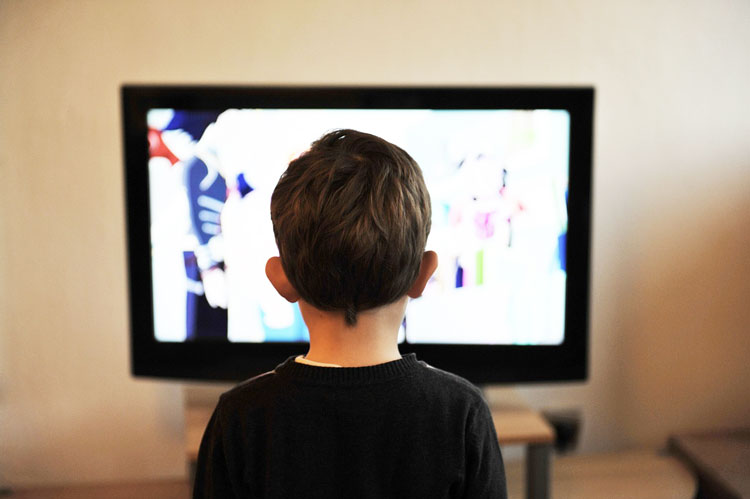

By Michelle Moskowitz
Sentinel Correspondent
For some Greenwich residents, summer vacation plans were marred by the news of startling terrorist attacks around the world, particularly in popular travel destinations such as Paris and Nice, France as well as Brussels, Belgium and other parts of Europe.
This reporter spoke with several people who carefully contemplated their vacation destinations: travel abroad or stay close to home?
Greenwich resident Krista Gallagher chose Maine, New Hampshire and Rhode Island for her summer jaunts.
“I’m happy to have enjoyed these beautiful nearby states, as I was not so thrilled about getting a plane and I’m still not,” said Gallagher.
The Sentinel sat down with Judith Zackson, a Greenwich based clinical psychologist to get her take on how concerned travelers can process their fears of terrorism both for themselves and their families in today’s ever-changing geopolitical landscape.
“Everyone is afraid of being targeted, and of the unknown, but it is important to put that fear into context,” said Zackson. “Statistically, more people die every year from car accidents or cancer than they do terrorist attacks. We need to keep that in perspective, but as with any phobia, it needs to addressed.”
Of course, the news media contributes to our anxieties with 24-hour news coverage and harrowing accounts of the destruction.
Zackson added, “The media does not cover boring life events, only the tragic ones, because they’re newsworthy. But people are still traveling all over the world and having a wonderful time.”
When asked the best way to discuss a terrorist attack with kids, Zackson pointed out that, first and foremost, adults need to address their own concerns and fears about the subject.
“Children watch how we process our own fears, so be sure to take care of your anxieties separately, and be sure to manage your reactions to news or tragic events when in front of your kids.”
Avoiding exposure to news is optimal, especially for younger children, but sometimes they catch a glimpse of terrifying news or learn about destructive events through their peers.
“First off, when and how we talk to our children about tragic events is very important. It can be riding in a car or right before bedtime, but it should be at a time when things are calm.”
Zackson claims the single most important thing for kids is to feel safe and secure, to know that “the terrorists don’t know where they live,” and that they are safe at home and in their neighborhoods.
Zackson offers the following tips for discussing traumatic events based on age-range.
For pre-school kids:
• Avoid letting kids watch disturbing events on TV whenever possible.
• Encourage them to express their own interpretation of the event they learned about and comfort them in knowing how concerned you are.
• Use their language and keep it simple, saying things like “There are bad guys out there, but it’s never okay to hurt someone just because you are angry.”
• Be calm if a news story appears on the TV, don’t leap up to the TV or the remote control to change it. Gently re-direct them to a different program with a calm voice and demeanor.
For elementary school kids:
• Find out what they know and what specifically they are worried about so you can comfort them properly.
• Give your point of view and explain to them that this is an on-going conversation.
For high-school kids:
• They will be less forthcoming with what they know; but you can watch the news together; just don’t force them to talk.
• Try and have an open exchange in a positive way.
• Aim to be present, but not to pressure them.
Zackson identified the two main types of stress people can suffer from. The first is Acute Stress Disorder, which is a normal state of stress one experiences after witnessing a traumatic event. The anxiety will decrease over the next month or two, after the event’s potency has dissipated and people are able to resume to their normal day-to-day activities and lives.
But Zackson adds that it’s important to talk things over with trusted loves ones, spiritual advisors or a therapist when necessary.
“If your child is having recurring nightmares, acting out, or you notice a change in their eating habits or they’re withdrawing from their regular activities, it’s definitely time to seek the help of a professional,” Zackson said.
The more serious and long-lasting disorder is Post-Traumatic Stress Disorder, or PTSD, an anxiety disorder that can be diagnosed after suffering from a traumatic event. People typically suffer from severe psychological distress, requiring therapy in order to resume back to their everyday lives.
When asked if there is a positive lesson that can come out of these tragic, on-going events in our lives?
“Absolutely,” she replied. “It’s a good reminder (and discussion point with our kids) of the many good people all over the world who are working so hard to help and protect others; police officers, doctors, etc.”
Zackson adds that learning to cope with stressful experiences and situations is a critical, life-long skill that kids need to learn. “Resilience is so important for a child because the ones who never learn to cope with trauma fall apart when they eventually do.”
She suggests encouraging kids to write letters to children affected by tragic events or having a bake sale in order to raise money for a troubled region are great ways to show support to those who need it.
Dr. Zackson is a licensed clinical psychologist in Greenwich and New York City. She specializes in the care of adults, adolescents, couples and families dealing with emotional difficulties. For more information, visit drjudithzackson.com.




